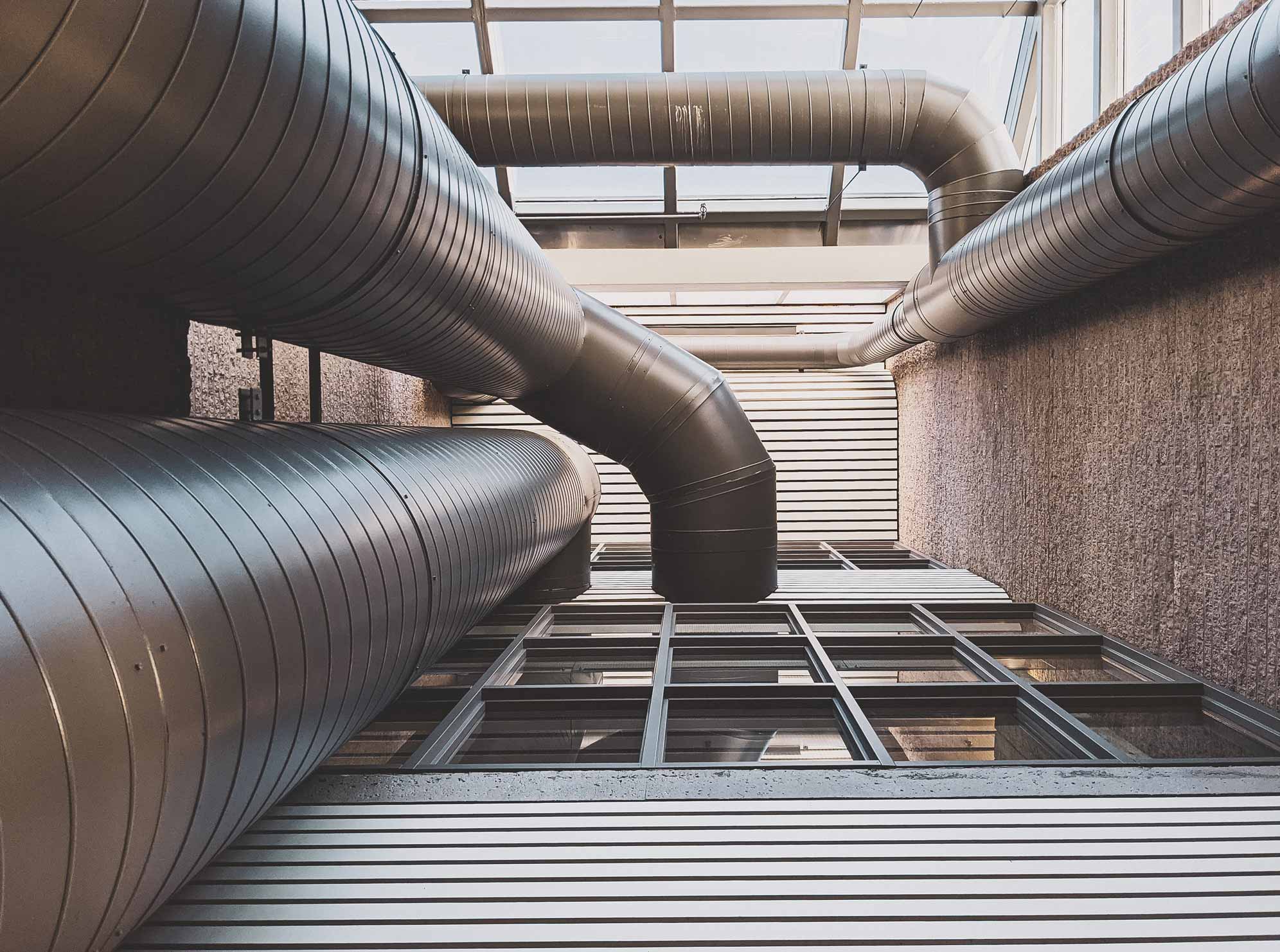
Everything you need to know about HVAC systems
Discover everything you need to know when it comes to HVAc systems, with our handy guide to all things HVAC.
Commercial HVAC systems keep premises cool in summer, warm in winter, and help to ventilate interiors with fresh air to balance humidity and tackle indoor air quality concerns.
This all makes an efficient and regularly serviced commercial HVAC system an important asset – but what exactly is HVAC? Let’s find out…
What does HVAC stand for?
Once you know what HVAC stands for, you’re already a good way towards knowing what it is and how it works:
• H is for Heating
• V is for Ventilation
• AC is for Air Conditioning
So the four letters actually stand for three different parts, all of which are fairly self-explanatory.
For obvious reasons, heating is used mostly in winter, air conditioning mostly in summer (although it can also be used all year round to control humidity) and ventilation is about bringing fresh, clean air into the premises at any time of year.
What is a HVAC system?
A HVAC system is the device or devices that deliver your heating, ventilation and air conditioning.
For a commercial HVAC system, that typically means a combination of heating and cooling equipment, ducts and vents to deliver the air, and an outdoor unit to release the excess heat and introduce fresh air from outside.
In small spaces, self-contained HVAC systems and portable air conditioners can suffice, or may serve as a short-term solution until you get permanent HVAC installed.
But commercial HVAC systems are usually made-to-measure, as they must have the right capacity and be in the right positions to run efficiently across your premises.
How does a commercial HVAC system work?
The full workings of a commercial HVAC system are quite complicated, but in brief you’ll usually have a few common pieces of hardware:
• An indoor air handling unit with an evaporator to remove thermal energy from the air
• A compressor that transmits the removed heat to an outdoor unit
• An outdoor unit with a condenser that releases the heat to the exterior of the premises
You’ll also have remote controls and/or wall controls to adjust the settings, plus ducts and vents to get the treated air to the right places inside your buildings.
As well as cooling the air, complete HVAC systems can heat it instead. Recycled air HVAC systems treat air taken from inside the building, while fresh air HVAC systems bring it in from outside, which can improve indoor air quality.
How much does a commercial HVAC system cost?
There are lots of factors that affect the cost of a commercial HVAC system, so it’s meaningless to provide an ‘average’ commercial HVAC cost.
It really depends on the size of your premises, the number of rooms and the type of HVAC equipment you want to install.
You can save on long-term running costs by choosing more efficient HVAC equipment upfront, so there’s also a balance between installation cost and total cost of ownership.
For a quote/estimate on a made-to-measure HVAC system designed, supplied, installed and commissioned, contact Fletchers and we’ll be happy to help.
How often should you have HVAC maintenance?
Regular HVAC maintenance can prevent problems from worsening, but also keeps your HVAC system running efficiently – and that means lower energy bills.
You should get a full service at least once a year as a bare minimum, but consider scheduling more regular inspections every six months. At Fletchers we offer full building HVAC maintenance you can rely on.
By scheduling your full building HVAC maintenance for spring and autumn, you can check your air conditioning is ready for summer and your heating is ready for winter, so everything is in peak condition for the two seasons of highest demands.
Why not check out our blog on the latest innovations in HVAC?























